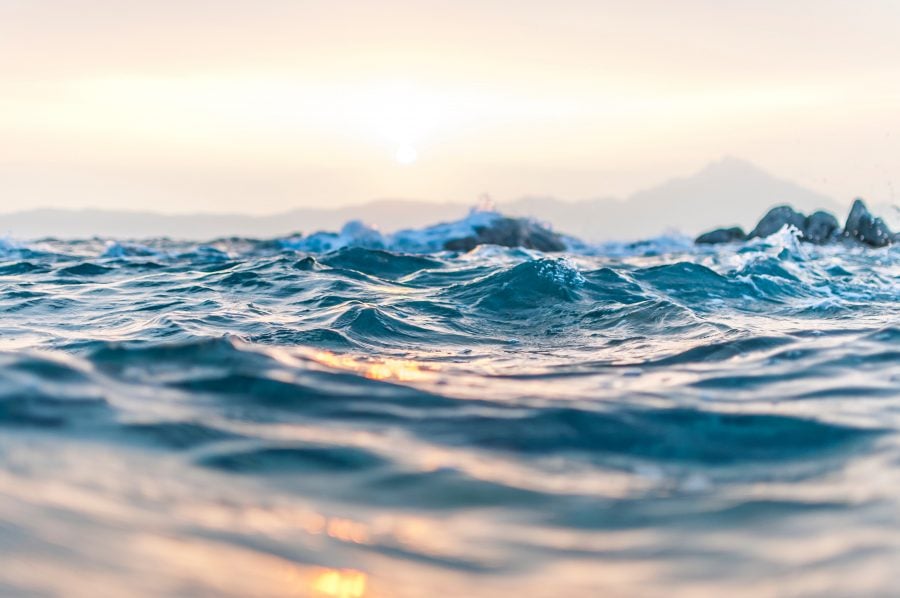
Three Michigan Tech undergraduate students from the Department of Civil, Environmental, and Geospatial Engineering will be recognized with scholarships at the 2021 Associated General Contractors (AGC) of Michigan Brightest & Best Luncheon on July 21.
The students receiving scholarships are:
- Isaac Fong, civil engineering — Louis C. Verrette Memorial Undergraduate Scholarship awarded by the AGC of Michigan
- Everhett Biland, civil engineering — Tom & Jan Dailey Scholarship awarded by the AGC of America
- Kira Olson, construction management — Stanley F. Pepper Memorial Scholarship awarded by the AGC of America
This annual event on behalf of Michigan’s construction industry, is held to recognize AGC of Michigan and AGC of America scholarship winners, AGC of Michigan Summer Work Program students, summer interns employed by AGC of Michigan members, and AGC of Michigan members supporting these programs.
Congratulations to all the winners!































































